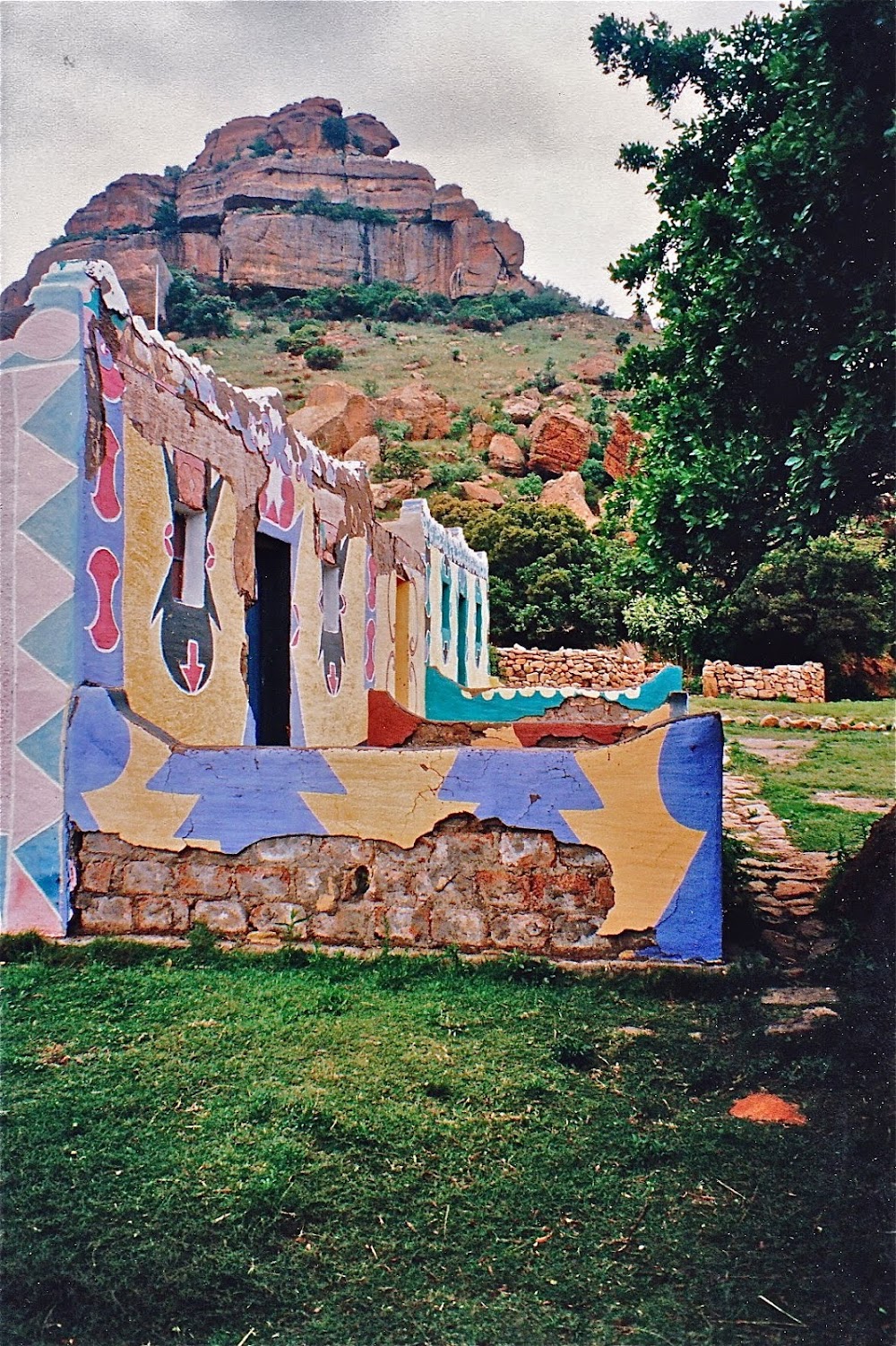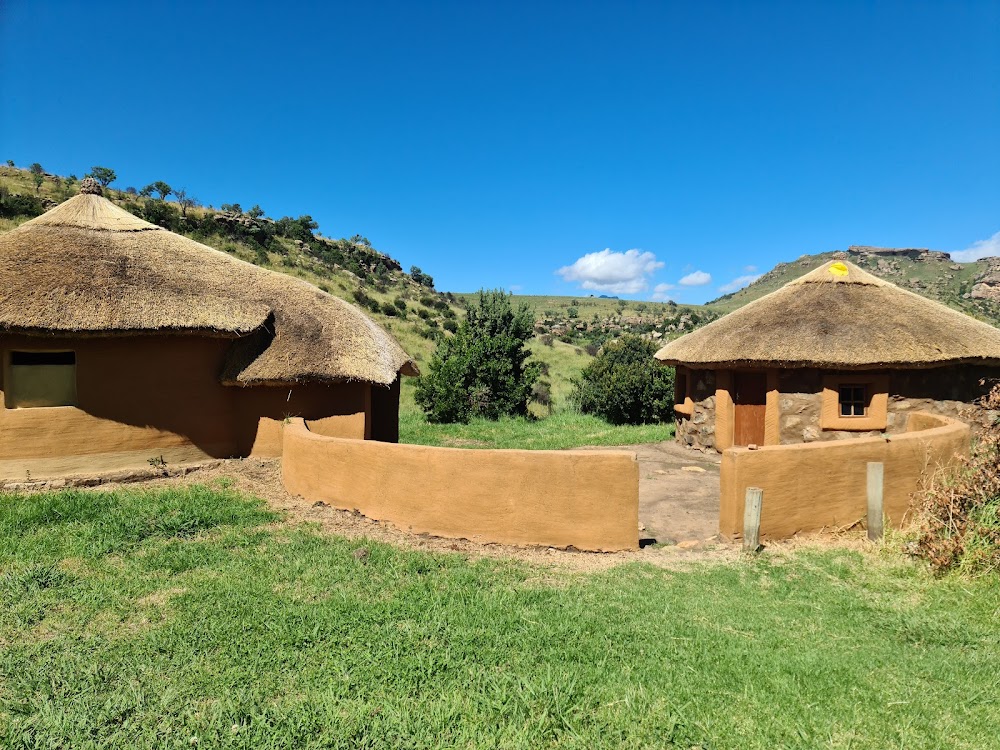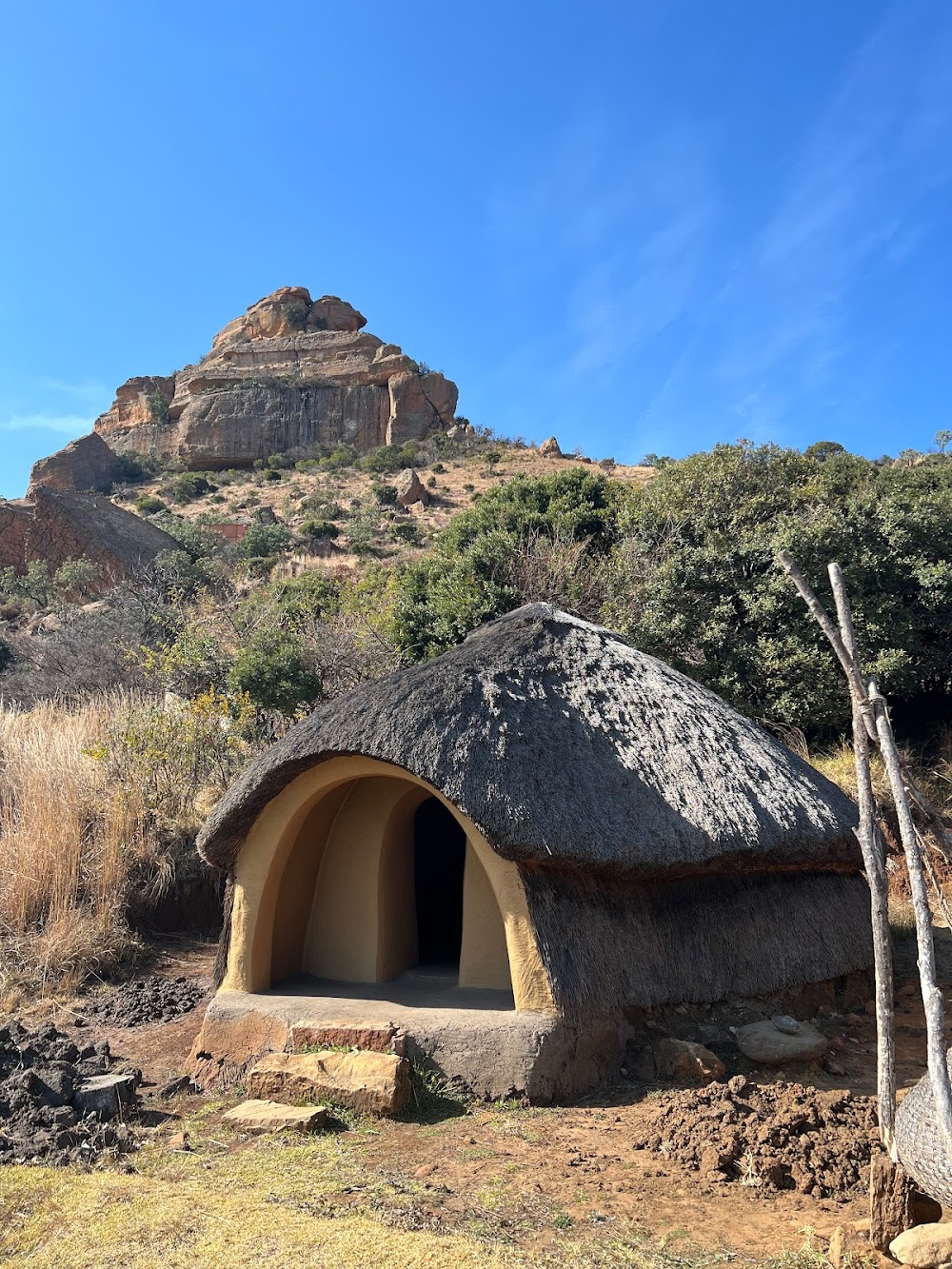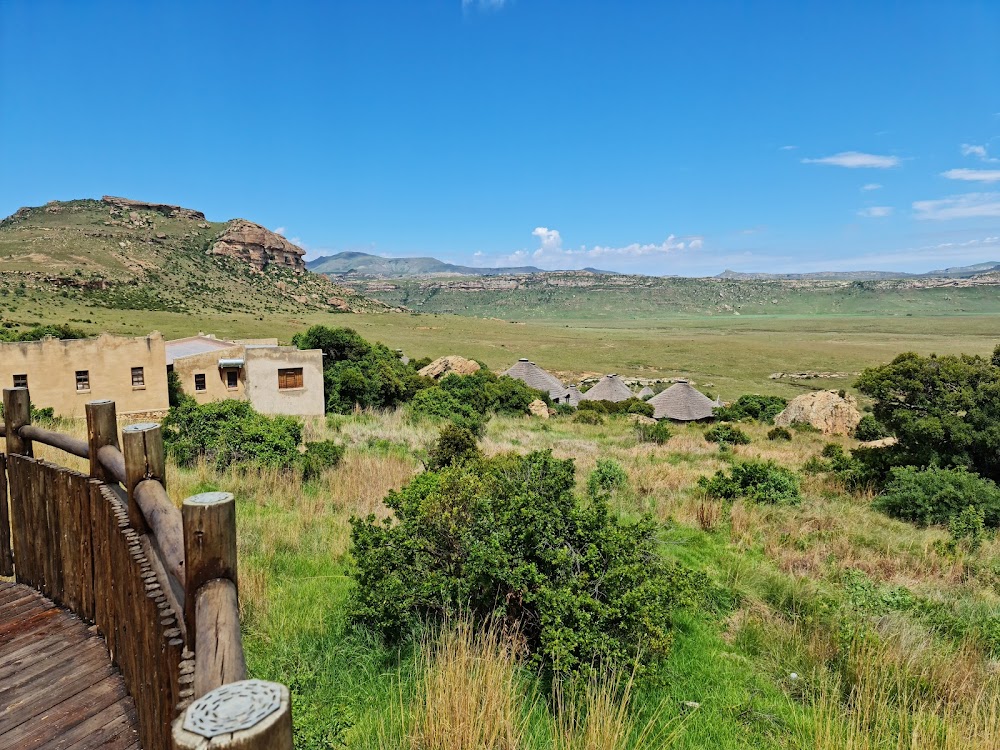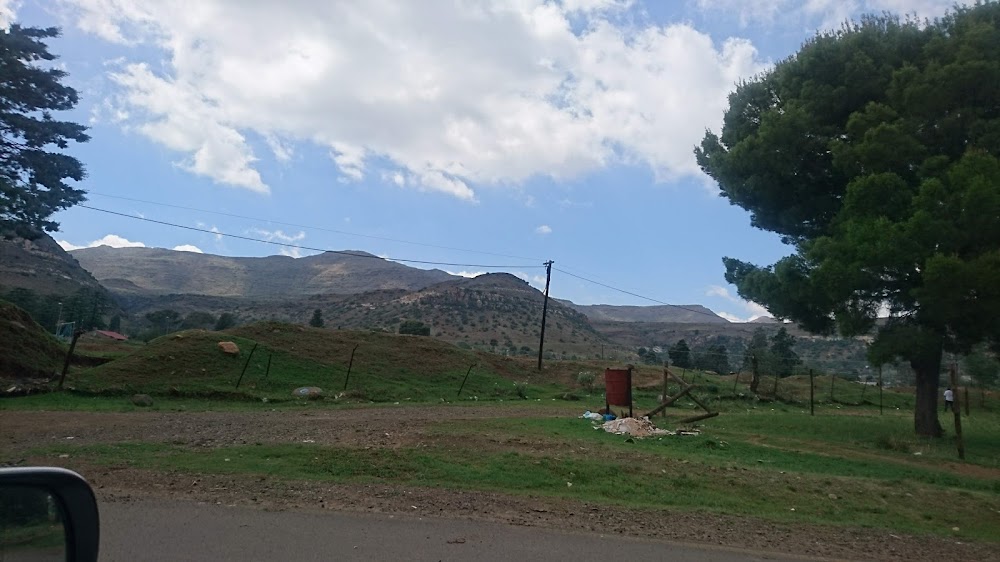Basotho Cultural Village (Basotho Cultural Village)
Overview
The Basotho Cultural Village, located in the picturesque Mohale's Hoek region of Lesotho, is a lively and educational heritage site dedicated to preserving the rich cultural traditions of the Basotho people. Set against the stunning backdrop of southern Lesotho's landscapes, this village functions as a living museum where visitors can fully immerse themselves in the customs, history, and daily lives of the Basotho community.
The village's construction was a collaborative endeavor involving local artisans, historians, and cultural preservationists, all striving to create an authentic representation of a traditional Basotho village. This effort reflects the architectural styles and construction methods that have been utilized by the indigenous people for centuries. Meticulously planned, the village ensures cultural accuracy and educational value at every turn.
Each building within the village showcases traditional materials such as thatch, mud, and stone, which not only enhances the authenticity of the experience but also promotes sustainable building practices long employed by the Basotho people. Local craftsmen played a vital role in erecting structures like the iconic rondavels—round huts topped with conical thatched roofs, characteristic of Basotho architecture.
The village's structures illustrate various facets of Basotho life, with homes displaying traditional household tools, weaving looms, and cookware. Interiors are adorned with vibrant Basotho blankets and decorations that highlight the intricate patterns significant to the culture. Among the village's notable features are the chief's compound, a healer's hut, and communal spaces for ceremonies and social activities.
One striking element is the kraal, or livestock enclosure, which underscores the importance of cattle in Basotho culture, symbolizing wealth and social status. Visitors can witness live demonstrations of traditional farming techniques and livestock care, offering valuable insights into the Basotho way of life.
Adding to the village's vibrancy are the people who work there. Guides and performers, often dressed in traditional attire, share stories, songs, and dances passed down through generations. Interactive sessions allow visitors to engage in traditional activities such as grinding maize, crafting clay pots, and learning Basotho dances, creating a hands-on experience that is both enjoyable and educational.
Educational programs form a core aspect of the village's mission, with workshops and guided tours available for schools and tourist groups. These programs provide in-depth information about the history, language, and social structures of the Basotho, fostering a deeper understanding and appreciation of their heritage, particularly among younger generations.
The village also plays a crucial role in preserving and celebrating cultural festivals. Events such as initiation ceremonies, harvest festivals, and wedding reenactments take place throughout the year, drawing both locals and international visitors. These vibrant festivals offer a glimpse into the spiritual and communal aspects of Basotho culture, emphasizing values of community, unity, and respect.
Beyond its cultural significance, the Basotho Cultural Village is a vital contributor to the local economy. It provides employment opportunities for residents, from tour guides to artisans selling handmade crafts. The village shop offers an array of traditional items, including Basotho hats, beadwork, and pottery, allowing visitors to take home a piece of Basotho culture.
In summary, the Basotho Cultural Village in Mohale’s Hoek stands as a dynamic guardian of Basotho heritage, promoting understanding and respect for the traditions of this vibrant community. It is a testament to the beauty and resilience of Basotho culture, offering a meaningful and enriching experience for all who visit.


